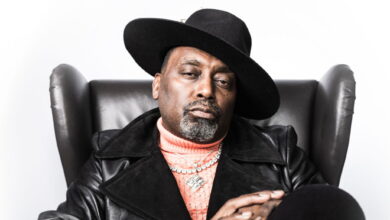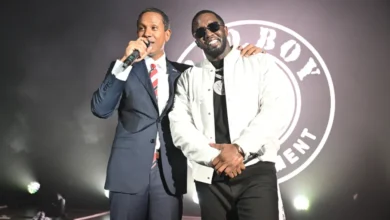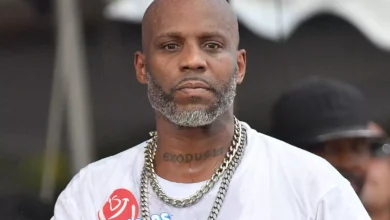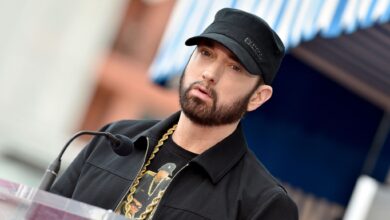Rakim’s Most Controversial Moments
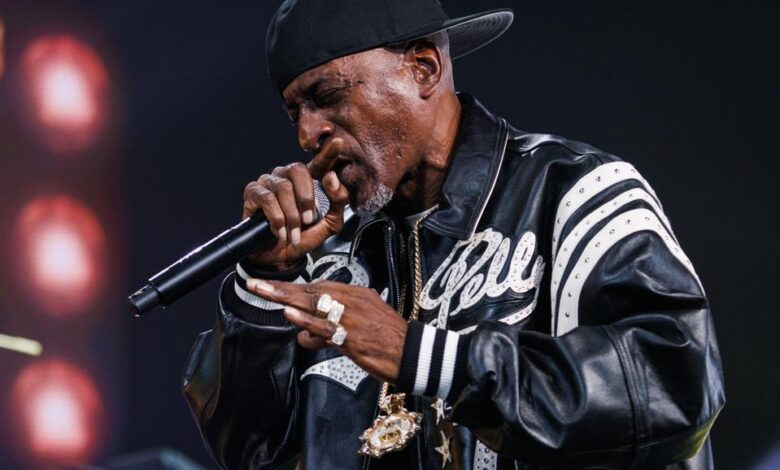
Rakim, often regarded as one of the greatest lyricists in hip-hop history, is known more for his artistry and lyrical genius than for stirring controversy. Throughout his decades-long career, the rapper, born William Michael Griffin Jr., has built a reputation for being thoughtful, composed, and focused on his craft. However, like many legendary figures in music, Rakim has experienced moments that sparked debate or attracted public attention. Here’s a look at some of Rakim’s most controversial moments.
One of the most discussed periods in Rakim’s career came during his long-standing creative and business tensions with record labels. After achieving massive success with Eric B. & Rakim in the late 1980s and early 1990s, Rakim faced difficulties securing deals that gave him the creative freedom he valued. His departure from MCA Records was marred by disputes over creative control, causing delays in his solo projects. Though not a personal controversy, these struggles highlighted broader industry issues around artist rights and corporate control, drawing sympathy and debate from fans and fellow artists.
Another moment that drew public attention was Rakim’s highly anticipated but ultimately unfulfilled collaboration with Dr. Dre’s Aftermath Entertainment. In the early 2000s, Rakim signed with Dre’s label, and fans eagerly awaited what seemed like a perfect pairing of lyrical mastery and cutting-edge production. However, creative differences between Rakim and Dre led to the partnership dissolving without a full album being released. This sparked considerable debate in the hip-hop community about what might have been and whether the industry’s emphasis on commercial hits stifled true artistic expression.
While Rakim has mostly stayed clear of personal drama, there were occasional rumors of tension with fellow rappers from the golden era of hip-hop. One such instance involved a perceived rivalry with KRS-One, another pioneering MC. Though largely respectful, both artists were often compared in discussions about the best lyricist of the era. At times, competitive statements from fans and industry insiders fueled a narrative of rivalry, though neither artist engaged in a public feud. The discussions surrounding their supposed competition occasionally stirred controversy among hip-hop purists.
Even within his groundbreaking work, Rakim wasn’t immune to controversy over lyrical content. Songs like Know the Ledge and Casualties of War contained vivid depictions of street life, crime, and societal challenges. While these lyrics were celebrated for their realism and poetic quality, they also drew criticism from some quarters concerned about the influence of such imagery on young listeners. Rakim’s defense was rooted in authenticity—his aim was to reflect reality, not glorify it—but the debate added complexity to his public image.
Lastly, Rakim’s rare public appearances and long absences from the music scene often sparked controversy and speculation. Fans would debate whether he was retiring, disillusioned with the industry, or working behind the scenes. Each hiatus fueled rumors and discussions, highlighting the intense public interest in his career decisions.
Rakim’s career has been defined more by innovation and respect than scandal or controversy. However, the moments when business challenges, creative differences, and public debates touched his journey add depth to his story. They reveal the complexities faced by an artist striving to maintain integrity in a constantly evolving industry. Through it all, Rakim’s commitment to his craft and legacy has remained unwavering, cementing his place as a respected and influential figure in hip-hop.

